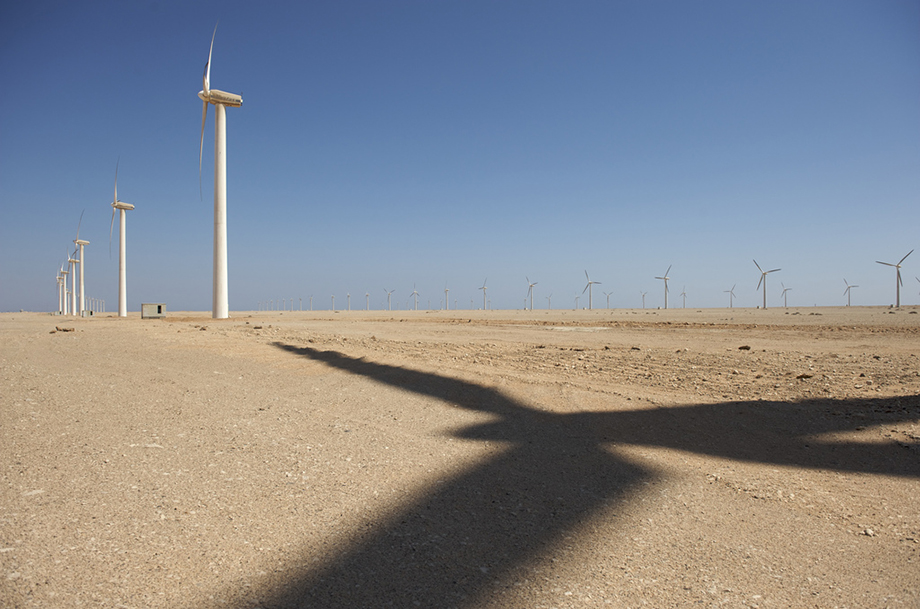Sudden changes to the contract terms offered to private-sector projects selected in the first round of the FIT programme are causing grave concern among developers.
The companies that qualified for the programme in January 2015, were already struggling to secure funding because of concerns over the tight deadline to reach financial close by October 2016, payment in local currency and general risk in the country.
Because international banks were largely unwilling to carry the risk, developers were relying on multilateral development banks (MDBs), such as the International Finance Corporation (IFC) and European Bank for Reconstruction and Development (EBRD), to support the programme.
The government then announced in May 2016 that international arbitration was not on offer and that any disputes would be heard in Egypt.
International arbitration is standard in legal contracts in order to mitigate risk. "Financiers and companies want a neutral body looking at any issues," explained Silvia Macri, a regional specialist at global wind consultants IHS Emerging Energy Research.
As a result, the IFC withdrew from the solar PV projects awarded in the first round and other MDBs are re-considering their involvement in the programme because the contracts are not considered bankable.
"Some elements of the current round of the FIT programme are unfortunately not in line with IFC's requirements," said an IFC spokesman.
"In order not to postpone the programme further, we agreed with the government that we will not participate in the current projects," he added, although IFC expects to return to the sector in the next fiscal year.
There is speculation in the industry that the government wants to abort the first round because it believes the tariffs, which were set in 2014, are now too generous and wants to establish lower rates for round two.
The FIT is currently $114.8/MWh for 2,500-3,100 operating hours or $95.7/MWh for 3,100-4,000 hours for the first five years.
A sliding scale applies for the next 15 years, varying from $114.8/MWh for 2,500 hours to $46/MWh for 4,000 hours. The sum is paid in Egyptian pounds, calculated according to a set formula.
Whatever the reason, there is a risk that both developers and financiers will lose confidence in a programme that began optimistically, with the government awarding 1.67GW out a total of 2GW allocated to wind power.
On the other hand, projects offered under the build, own and operate (BOO) scheme, with competitive bidding, are going forward, Macri points out.
Likewise, investment plans by Siemens and Vestas should not be affected.

.png)



.png)









